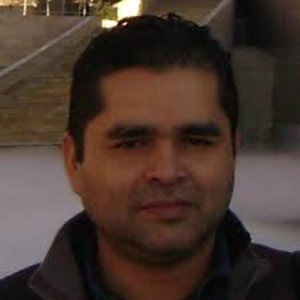Title : Use of a mixture of vegetal (kernel meal) and animal (fish silage) by-products as protein source in shrimp diets
Abstract:
This study evaluated growth responses of the white shrimp Litopenaeus vannamei testing different combinations of Jatropha curcas kernel meal (JCK) and tilapia waste silage (FS) as dietary protein sources under laboratory and pond conditions. A reference diet (RD) based on fish meal was elaborated to contain 35% crude protein and 434 kcal/g; then, five isoproteic and isoenergetic experimental diets were formulated from RD with different FS/JCK proportions as follows: 75% FS/0%JCK (D1); 56.25% FS/13.25%JCK (D2); 26.5%FS/30.89%JCK (D3); 18.75%FS/39.75%JCK (D4); 0%FS/53%JCK (D5). For the laboratory trail, shrimp (2.90 g) were stocked at 10 m2 in an indoor recirculating system during 90 days. There were differences (P0.05) between the diets. Quadratic equations with the laboratory data indicated that the maximum responses for growth parameters correspond to FS and JKC inclusion levels of in the range of 27.83 to 29.00%, and 32.25 to 33.64%, respectively. A combination of 18.75% FS/39.75%JCK meals as protein source is a potential alternative to effectively substitute FM in practical diets for L. vannamei at the studied ages under both laboratory and pond conditions.



